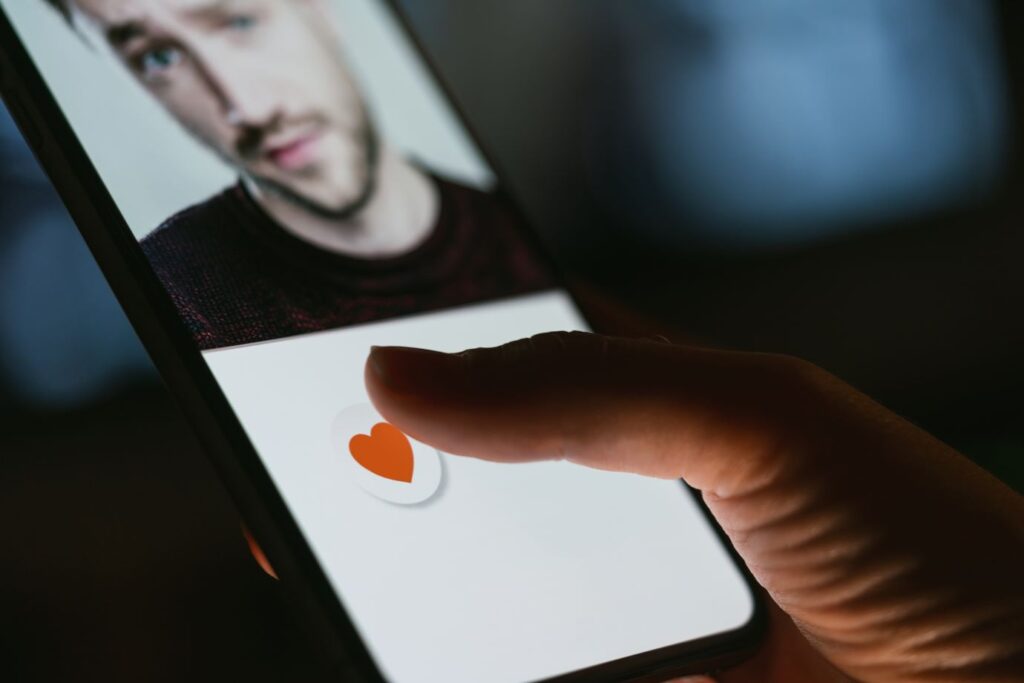In recent months, online communities where women share experiences about men they meet on dating apps have faced significant upheaval.
Groups like “Sis, Are We Dating the Same Guy” have become crucial spaces for women to connect, form supportive networks, and combat toxic behaviour. However, many of these groups have abruptly paused or shut down following a high-profile defamation case in Australia, raising serious concerns about the legal risks involved.
The case centres around Sydney father Andy Leonard, 45, who incurred over $20,000 in legal fees defending himself in the Federal Court over a comment made on a Facebook page he managed. Though the matter was resolved out of court earlier this year, the implications for similar online groups have been profound. In the aftermath, Australian branches of “Sis, Are We Dating the Same Guy” have ceased accepting new posts, as group administrators fear the potential fallout from legal actions.
These groups have become essential for women navigating the complexities of modern dating. As the burden of risk management increasingly falls on users, women across the world and Australia have joined online platforms to share information about potential dating app matches. These platforms allow them to crowdsource information and provide social support to one another.
Recent research from the Australian Institute of Criminology indicates that three in four people encounter some form of online violence in the dating app domain, and my own 2020 study revealed that the majority of women and vulnerable groups experience abuse on these platforms.
In response to rising concerns about user safety, Australia has introduced a new voluntary code for dating apps. Developed through collaboration between the government, industry stakeholders, and advocacy groups, this code aims to enhance user safety, promote respectful interactions, and prevent abuse. Major dating apps like Tinder, Hinge, Bumble, Grindr, RSVP, and eHarmony have adopted this code, but its effectiveness remains a topic of debate. For many users, the sentiment is clear: it may be too little, too late. However, some remain hopeful that this shift acknowledges and acts on the need for online platforms to be held accountable, be regulated and incorporate features which place user safety at the center.
The voluntary code includes provisions for profile verification, in-app reporting mechanisms for abuse or harassment, and options to block or mute users. While these measures aim to reduce the prevalence of fake profiles and ensure swift action against inappropriate behaviour, the onus remains largely on individuals to protect themselves. The emergence of these dating platforms has coincided with an increase in online violence, which has often left women vulnerable.
The core mission remains the same: to warn and support one another. Through collective sense-making, women learn to identify red flags and navigate the dating landscape more safely. This shared discourse helps resist cultural norms that often pit women against each other, transforming competition into camaraderie.
Despite the empowering nature of these communities, the need for moderation reflects the ongoing challenges women face. Admins frequently establish rules to protect the community from potential conflicts and outside interference, emphasizing the precarious nature of these online spaces. That said, the implications of being incorrectly identified could impact a person’s reputation, mental health, and future relationships. Administrators of these groups face a delicate balancing act: they must foster a safe environment for women while also being mindful of the potential consequences for the people discussed within their forums.
As these groups grapple with the implications of defamation cases, the loss of supportive platforms is deeply felt. Women striving to reclaim their narratives now face the possibility of losing vital networks that provide both information and solidarity.
In the face of these challenges, the resilience of women’s online communities remains vital. While the landscape of dating continues to evolve, so too must the strategies women employ to protect themselves and support one another. As they navigate an increasingly complicated dating environment, the fight against toxic behaviour—whether through group solidarity or broader policy changes—remains essential.
Ultimately, the ongoing conversation around dating apps is not just about finding love or a hook-up; it is also about reclaiming safety and fostering empowerment in a space that has historically marginalized women’s voices.
The dating app voluntary code is a step in the right direction, however, need for collective protection and advocacy against online violence is more urgent than ever, and it will take a concerted effort from individuals, communities, and platforms alike to ensure that women can engage in the dating world without fear.

